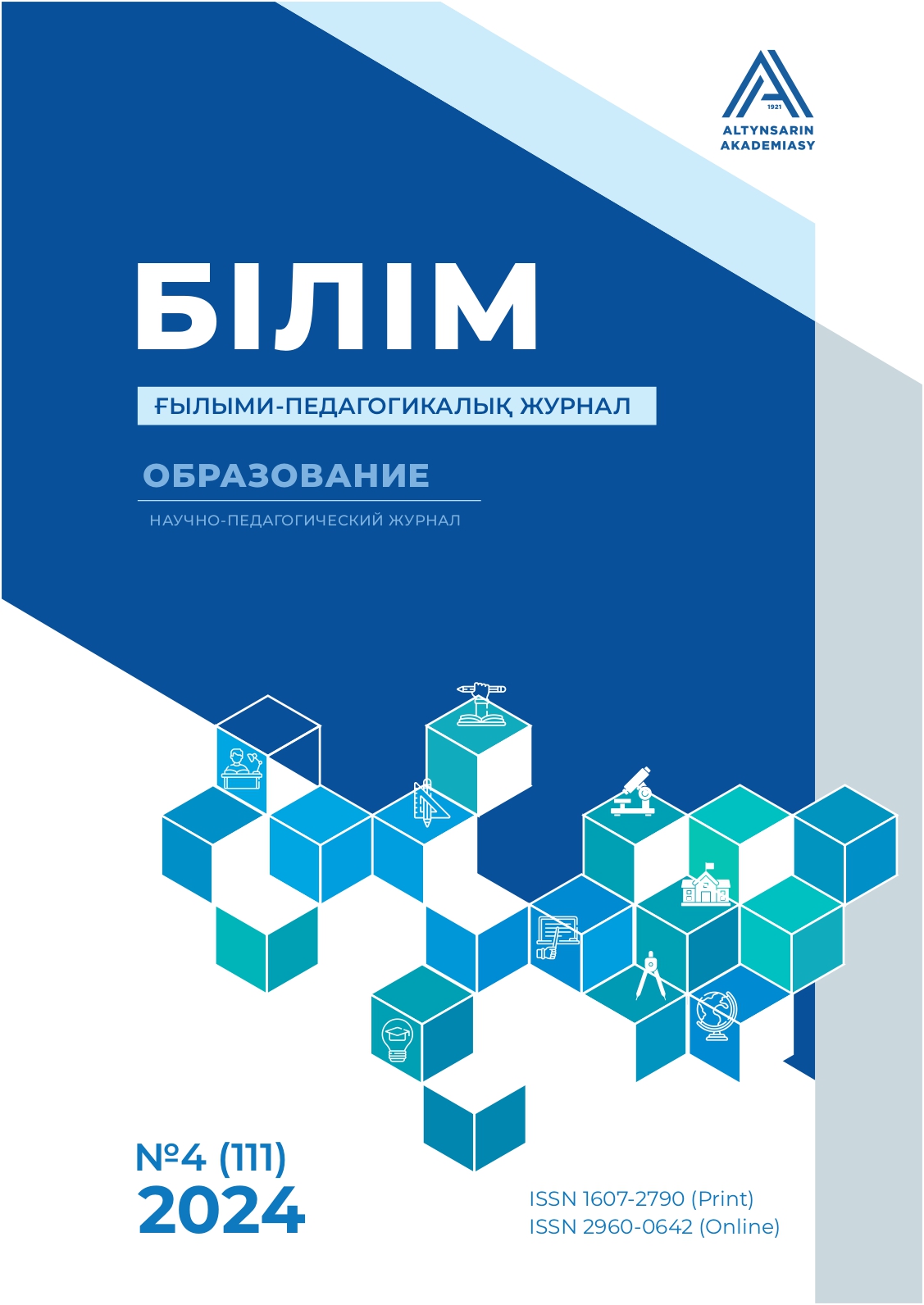Formation of functional literacy at primary school
DOI:
https://doi.org/10.59941/2960-0642-2024-4-89-99Keywords:
functional literacy, ability to apply knowledge and skills in life, primary schoolchildren, reading literacy, meta-subject results, using texts to achieve one’s goals, global competencies and creative thinkingAbstract
In the present day, general education schools are confronted with the task of equipping students for real-world experiences, placing a strong emphasis on fostering independent thinking among primary school children. This essential behavioral trait is closely linked to the concept of functional literacy. Pedagogical design of modern school education undoubtedly plays an important role in creating an effective educational environment. Given the diversity of children and their needs, it is important to create educational programs that will stimulate interest in learning, develop critical thinking and creative skills. It is also important to use modern technologies and teaching methods to achieve optimal results. The formation of basic functional literacy skills is the basis for the school community safety, ensuring the fulfillment of adaptive, developmental and educational functions. It can also be noted that there is a connection between the formation of functional literacy and increasing technological independence. The article examines a range of difficulties that help primary school educators identify possible problems and overcome barriers in fostering functional literacy in young learners. It outlines educational scenarios closely tied to fostering independent thinking, which is a key component of functional literacy.
 ҚАЗ
ҚАЗ РУС
РУС ENG
ENG
